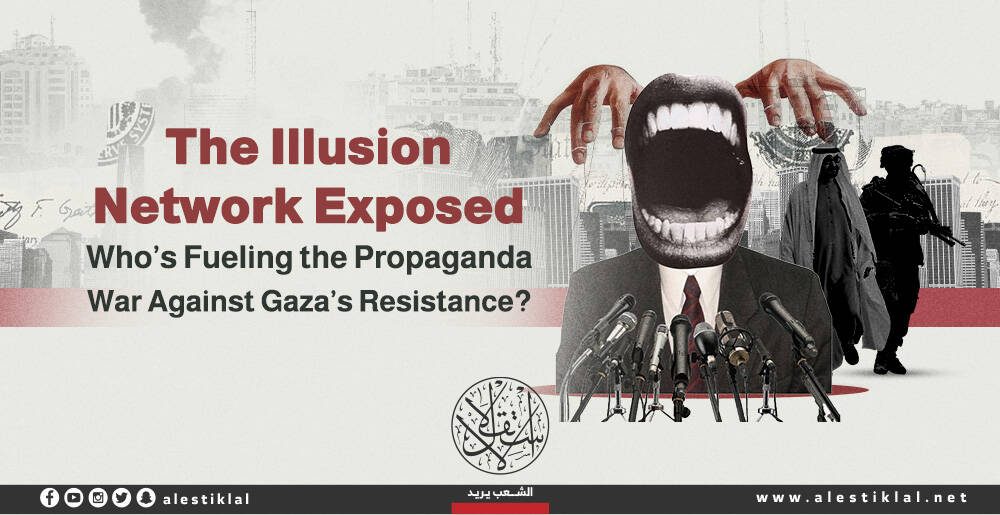A New Economic Setback: Has the UAE Become a Center for Money Laundering and Terrorism Financing?
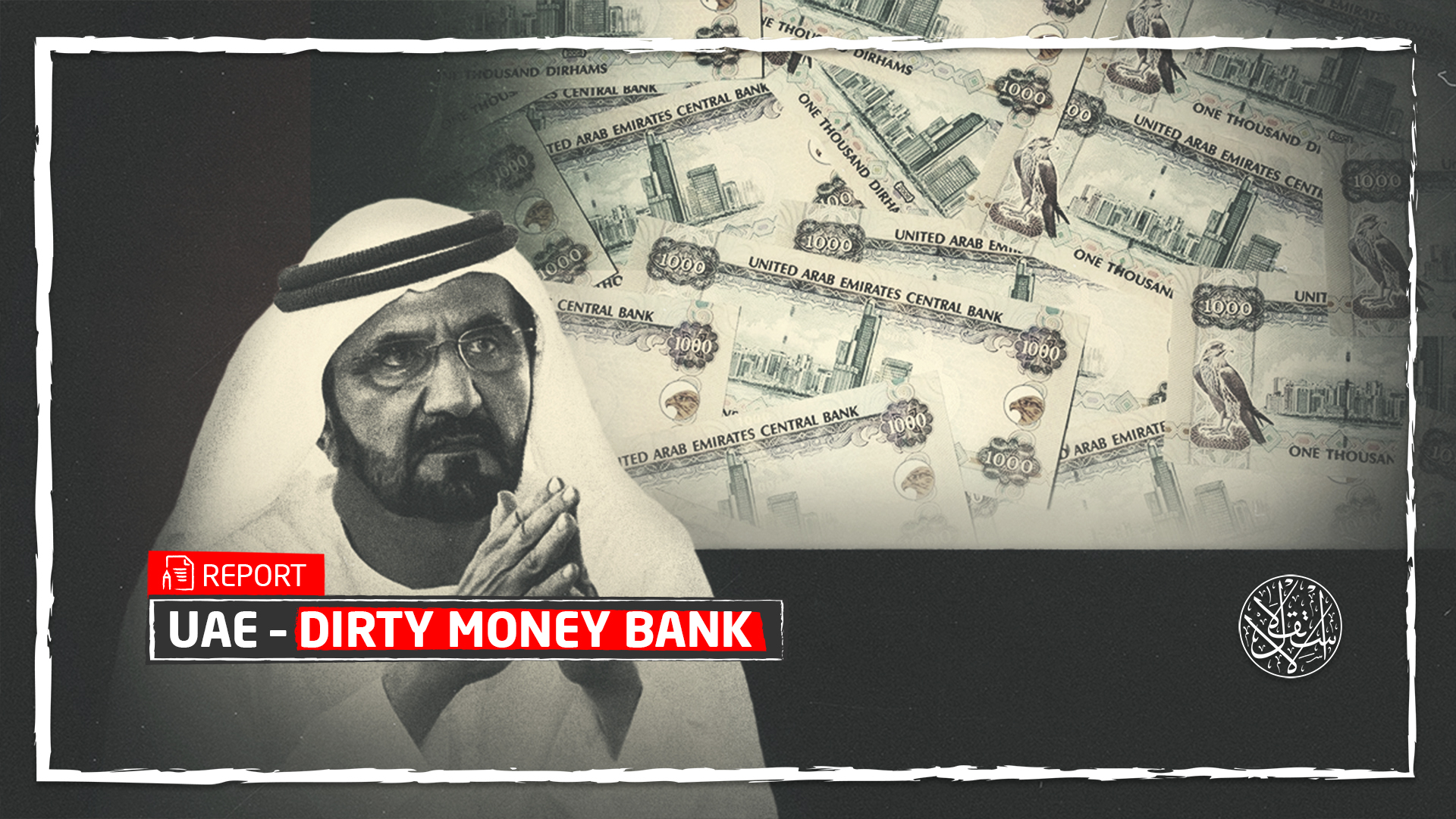
For years, the UAE has been suffering from money laundering practices that threaten the global financial situation, and the government’s inability to confront this phenomenon, which made international organizations closely monitor the situation, but the International Financial Action Task Force (FATF) finally ran out of patience and decided on March 4, 2022, to include the UAE on its gray list of countries under intense scrutiny.
In response to a classification that may harm the reputation of the Gulf country, which is considered a regional financial center, the UAE has pledged to take important measures to combat money laundering and terrorist financing, according to what was reported by WAM agency on March 4.
In addition to being closely monitored, experts say, the gray-listed countries face significant economic hurdles, ranging from credit rating adjustments to reduced capital and foreign investment flows into them, as well as the high costs of financial transactions.
It is noteworthy that the UAE has a more open economic system in many activities, which leaves the door open for illegal activities, including money laundering.
UAE on ‘Gray List’
On March 4, 2022, the wealthy Gulf country was added to the gray list of the FATF, which was established by the Group of Seven (G-7), that is based in Paris, and includes 23 countries. Thus, the UAE joined countries such as Yemen, Syria, South Sudan, Jordan, Morocco and Albania, while Iran and North Korea are included in its blacklist.
“The UAE still needs to strengthen its ability to follow up on high-risk money laundering threats, and demonstrate a sustained increase in effective money laundering investigations and prosecutions,” the group said.
“The Gulf state should now show progress in facilitating international anti-money laundering investigations, risk management in some industries, including real estate agents, gem and metal dealers, and identify suspicious transactions in the economy,” the group stated.
It is noteworthy that the UAE has become a money laundering paradise during the past few years, especially after a huge number of documents related to smuggling large funds were revealed, which proves the involvement of individuals and networks of organized crime, in which the UAE had a role.
In a related context, the US economic agency, Bloomberg, said, in a report on March 4, that “the new classification on the gray list could represent an economic setback for the UAE, at a time when it is facing greater competition from neighboring Saudi Arabia, which is working to develop its financial markets, and is taking steps to attract more investment.”
“The gray listing of the UAE will force US banks that use Dubai as their regional headquarters to allocate additional resources for compliance in order to avoid future sanctions from international regulators,” the agency added.
“The decision could also have an impact on Abu Dhabi, home to sovereign wealth funds with more than $1 trillion in assets,” it added.
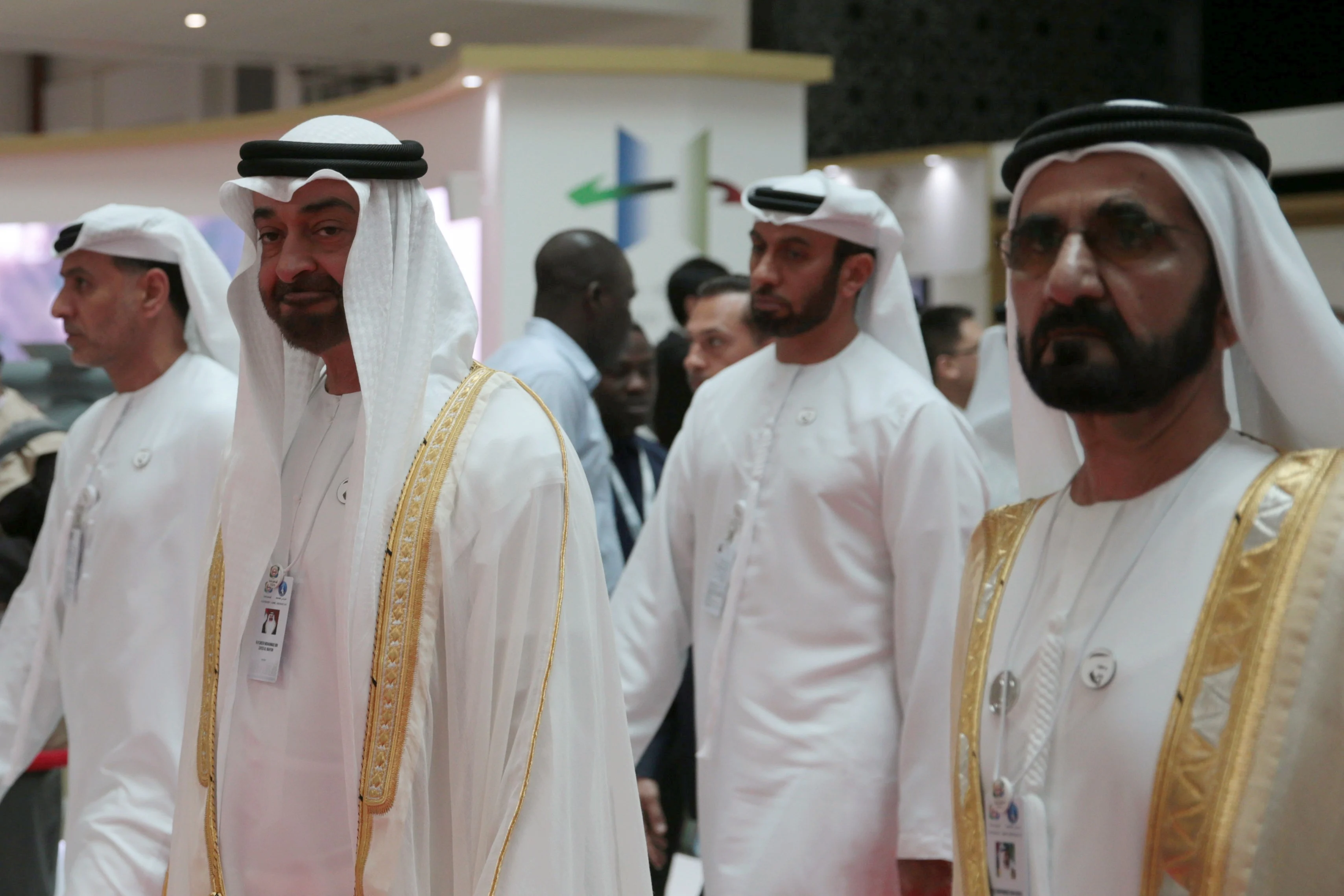
But after the decision, Emirati officials tried to reassure foreign investors that the UAE remains a safe and orderly place to do business, pledging to work to address international concerns.
While the UAE authorities said in an official statement published by the agency WAM that they have tightened regulations in recent years to overcome its image as a hotspot for illegal money.
“It has made great efforts to strengthen its system to combat money laundering and combat the financing of terrorism since 2020,” it explained.
“The UAE is fully committed to supporting the integrity of the international financial system,” Hamed al-Zaabi, head of the Executive Office to Combat Illicit Flows, was quoted by Bloomberg Agency as saying.
“The state has introduced courts that focus on financial crimes, and has established new rules for beneficial ownership. Rather, it announced a 9% tax on companies starting in 2023,” he added.
“The UAE collected more than $1 billion in anti-money laundering and terrorist financing fines during the year 2021,” al-Zaabi pointed out.
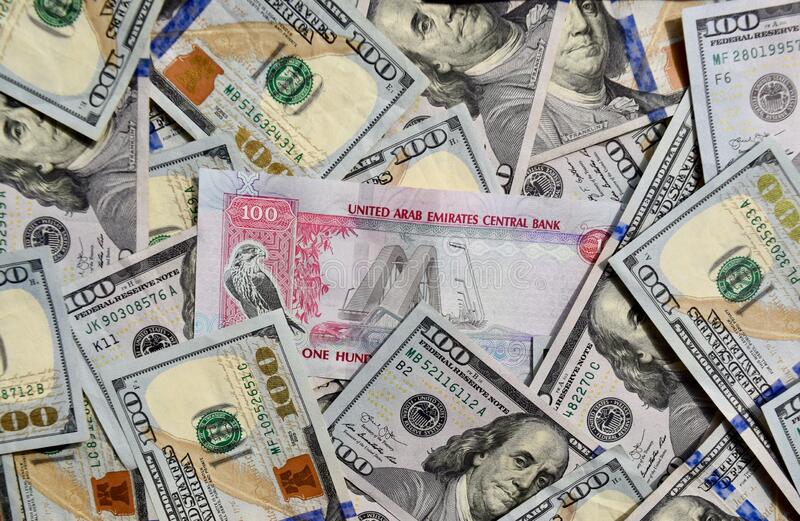
Economic Setback
About this affair, the economist, Mr. Abdul Hafez el-Sawy says: “The inclusion of the UAE on the gray list of the FATF puts it in front of a set of challenges, on top of that, many banks and financial institutions are closely scrutinizing all financial transactions with the UAE, through its banks, companies, and various other economic activities, of a financial nature, and whose activities extend abroad.”
He adds in his article published on Al-Jazeera Net website on March 4, saying: “The latest decision is also expected to affect the flow of foreign direct investment, in which the UAE achieved $19.8 billion in 2020, and the cumulative foreign direct investment in the UAE at the end of 2020 amounted to about $174 billion.”
The latter classification also exposes the UAE to the possibility of reducing its credit rating, as well as the rest of its financial institutions, and on top of these institutions are the banks operating in the country, according to the economist.
“The negative repercussions are not limited to banks, companies and other institutions, but may affect the stock market and the financial market in the Emirates, this makes dealing in them by foreign investors risky and unwelcome,” according to Mr. el-Sawy.
The UAE banks had witnessed flight operations of foreign investors, which shook the image painted by the credit rating institutions for these banks.
The most prominent of these operations was the actions of the Indian investor Raghuram Shetty, which implicated about 12 Emirati banks with about $ 6.6 billion.
As well as the activities of the company Capital Tower, whose financial irregularities were revealed by many accounting and auditing offices in Britain and America.
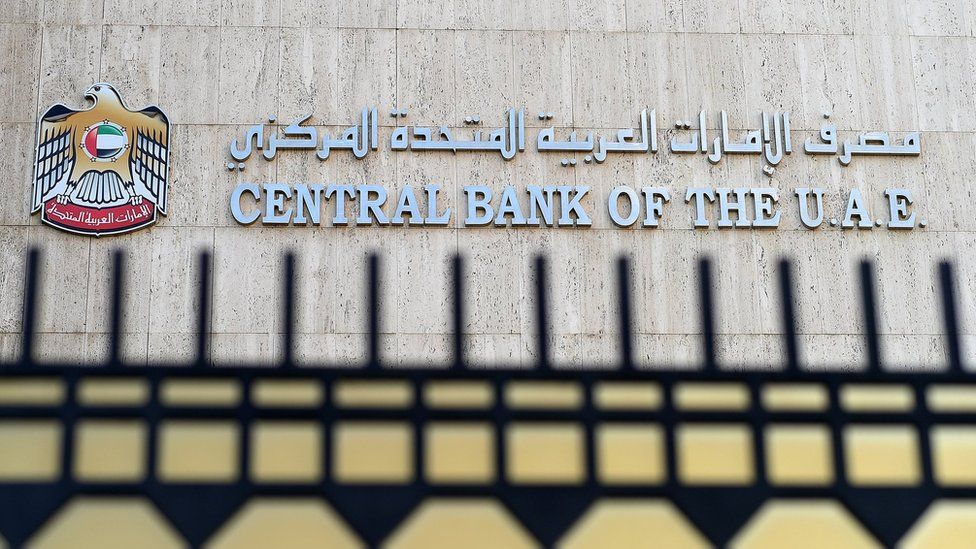
On his part, Emirati dissident Humaid al-Nuaimi, in a statement to Al-Estiklal, stressed that “international banking restrictions may be imposed, in the future, on money transfers carried out by UAE banks linked to suspicious money laundering and smuggling operations, what might make the Gulf state look like a global financial mafia.”
“The UAE may suffer, in the future, from a significant and statistically significant decrease in capital flows, this was confirmed last year by a report issued by the International Monetary Fund regarding the economic growth of the countries included in the gray list,” Mr. al-Nuaimi added.
“Companies, businessmen and even countries will be afraid of pumping their investments into the UAE market because it is one of the high-risk areas, by all accounts, the inclusion of the UAE on this list will constitute a strong setback for it, especially in light of its efforts to lead the economies of the region,” he also emphasized.
As for the relationship of the timing of the UAE’s inclusion on the gray list to the Russian-Ukrainian crisis, Mr. al-Nuaimi explained that “so far no reports have linked them, but in my personal belief there is a relationship.”
“The UAE's hesitant and relatively biased position towards Russia prompted the Western-American alliance to expedite the inclusion of the listing, in order to force it to side with them,” he added.
“Although the decision was expected some time ago, but with the recent indicators, it is certain that economic positions are intertwined with political ones, especially that most international institutions are subject to different orientations, and the Emirati role and funding for some such institutions, which means that their decisions may be subject to their financiers,” Mr. al-Nuaimi pointed out.
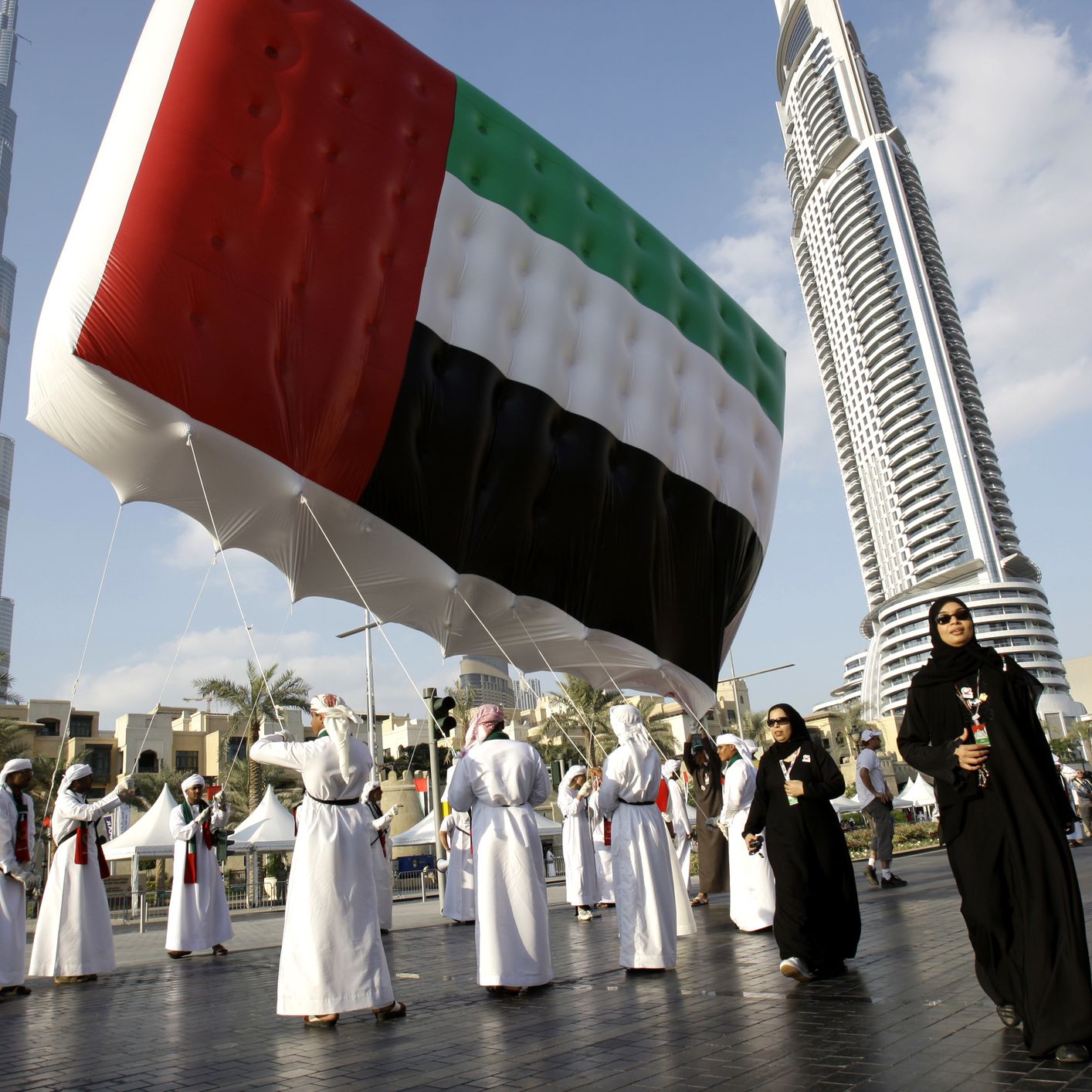
Global Dirty Money Laundry
Several international reports had classified the UAE as a major center for terrorist financing and and money laundering operations, whose global volume is estimated at about $2 trillion annually, that is 2.5% of the global gross domestic product, according to estimates issued by the United Nations Office on Drugs and Crime in 2019.
A report issued by the US State Department in 2017, revealed that financial institutions in the UAE were involved in cash transactions involving large sums of proceeds from international drug trafficking.
The international gold and diamond trade in the UAE is also one of the biggest money laundering activities, as large quantities of African countries come illegally and settle in Dubai.
Several reports monitored this phenomenon, including the annual report of the Committee of Experts of the UN Security Council, which monitored the smuggling of quantities of gold from the Republic of the Congo in 2020, and the UAE had a share of that money for the smuggled gold.
In addition, Dubai real estate has a bad reputation as a front for money laundering, as apartments are bought by unknown entities that do not live in them.
According to a report published in The Guardian newspaper, on June 24, 2018, Dubai has bypassed the Spanish island of Costa del Crime, which is considered the worst place in the world for money laundering.
The report indicated that “there is information revealing that the British used Dubai to hide 16.5 billion pounds, taxes for the United Kingdom between 2005 and 2016,” which indicates that the index may not reveal the truth of what is happening in the country.
The former assistant director of Britain's Organized Crime Unit, Rod Stone, told the newspaper: “There are no taxes in the UAE, companies can operate freely, and the falsification of shipping documents submitted in free zones by companies and crime organizations to obscure the source, value and quality of goods is also tolerated.”
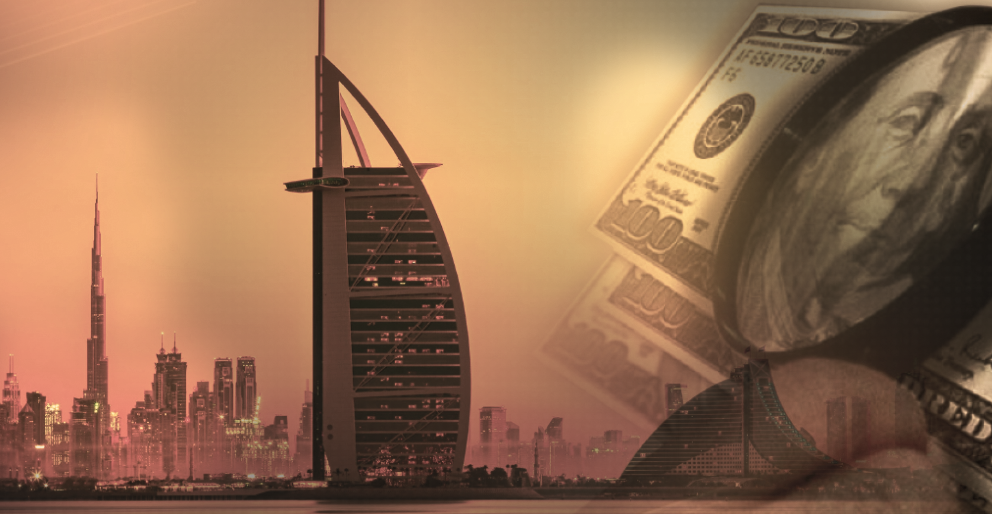
In a report issued by the British government, in May 2015, the UAE came at the top of the list of the top ten countries that British criminals turn to when they want to launder their money.
The report, which was published by the American Business Insider website at the time, explained that the UAE has become the most important illegal cash recycling station in the world, in addition to the above international indicators and reports.
Observers believe that “the UAE is not flooded with oil wealth, but is built on cash and illicit financial liquidity, and it is where the Russian mafia and drug gangs clean up their dirty money and finance terrorist atrocities.”
Sources
- UAE Added to Global Watchdog’s ‘Gray List’ Over Dirty Money
- Money laundering threatens the UAE with the risks of being included in the FATF gray list
- UAE affirms commitment to strengthening AML/CFT efforts following FATF decision
- US$1.048 billion worth of anti-money laundering, terrorism financing penalties collected in 2021: Hamid Al Zaabi
- How did Dubai become a global hub for dirty money trading? [Arabic]








